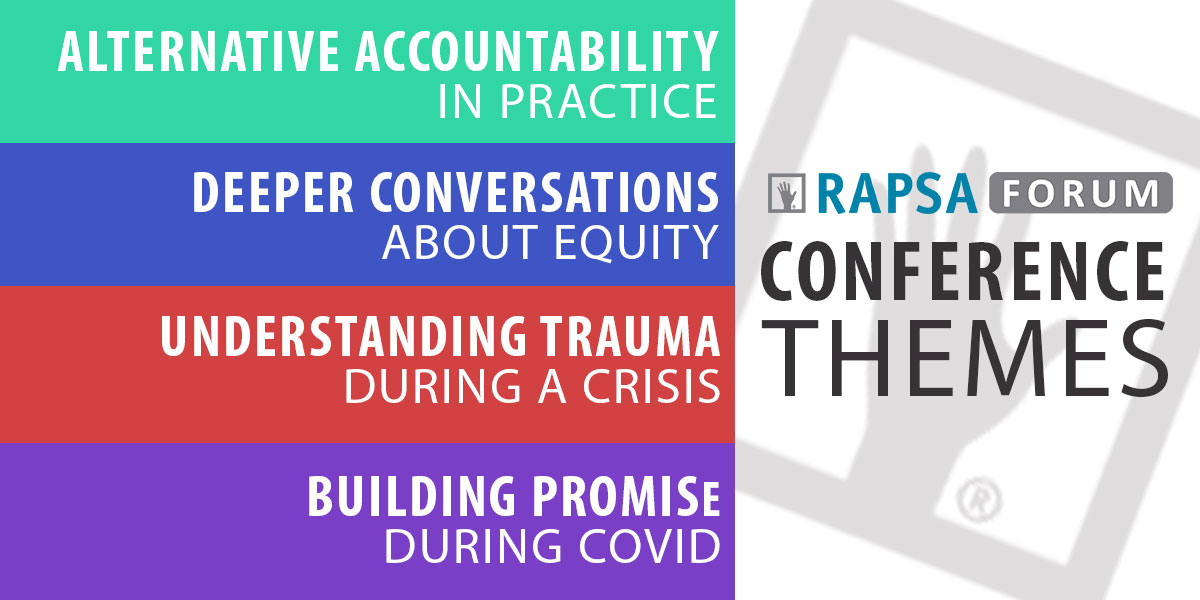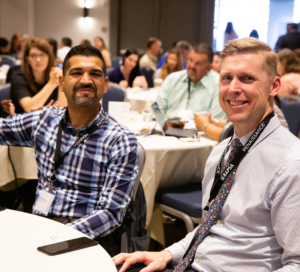
Want to Learn More About Alternative Accountability In Practice?
RAPSA’s Forums provide up to date information about progress on meaningful accountability policies for schools serving at-promise students. As states increasingly adopt alternative accountability policies, school leaders are challenged to design systems and pedagogies that put alternative accountability in practice. This year’s Forum includes 9 sessions with perspectives by leading experts from California, Colorado, Massachusetts, New York, Oregon, Texas and Utah.
ALTERNATIVE ACCOUNTABILITY IN PRACTICE
Tools You Can Use
Dr. Jody Ernst, Momentum Strategies and Naomi DeVeaux, National Charter Schools Institute. Explore data informed tools including a summary of state policies on alternative accountability, a resource guide on the process of developing differentiated accountability for alternative schools, and an interactive data hub that summarizes average alternative school performance empowering school leaders to promote the use of alternative measures, metrics, and/or benchmarks of success for their own organizations.
Student Elasticity: Seeing New Possibilities in Closing the Equity Gap
Dr. Mitchell Colver, Utah State University. As a thought leader in the field of analytics, Dr. Colver’s session will serve as an introduction to how student success analytics reveal previously undetected equity gaps and demonstrate the meaningful impacts that such understanding makes on students’ ability to remain enrolled and working towards their goal of graduation
Students at the Center of it All
Dr. Jody Ernst, Momentum Strategies, Josh Carpentier and Rachel Babcock, MAP Academy. Learn how MAP Academy in Plymouth Massachusetts used their Student-Centered Growth System to rapidly identify the students that urgently needed additional supports, track student progress, and increase students’ engagement in their education, as the COVID-19 pandemic forced educators to close school buildings and provide education at a distance.
The Impact of High Stakes Testing on Over-Age Students: Lessons Learned from COVID-19
Dr. Lisa DiGaudio and Dr. Sara Asmussen, New Dawn Charter High School. Learn the unintended consequences of waiving accountability models in New York during COVID-19 including practical and psychological benefits to over-age students graduating with a Regents Diploma rather than a GED, or dropping out, and the cascading impact on other students close to the finish line.
Testing Next Generation Assessments through Local Accountability Pilots
Jim Griffin, Momentum Strategies, Michelle Stahl, Texas Education Agency. Discover how leadership in Colorado and Texas has opened the door for the use of more customized accountability measures to match student needs and priorities and the implications for overcoming one-size-fits all accountability systems after COVID-19 with additional measures, including non-academic measures, matching the uniqueness of individual schools serving at-promise students.
Transforming Systems of Single Best Practices to Equity in Education: An Integrated Approach
Dr. Talisa Sullivan, Transformational Leadership Consulting Services. Discover how implementing the new Quantum 10 framework can help schools break out of silos by integrating multiple frameworks, practices and theories to promote equity in education for all.
From NY to LA, New Goals for New Times
David Frank, New York State Education Department; Kari Croft, Da Vinci RISE High School; and Delia Castillo, Los Angeles County Office of Education. Explore the A-GAME’s strategy for working with authorizers and alternative education campuses to identify the unique key areas of a school's program to create measurable, actionable goals that are rigorous while at the same time responsive to the schools mission, vision and all students including the most vulnerable.
Focusing on the Whole Student During COVID
Samantha Piers-VanderPloeg, Mt. Hood Community College. Learn how Mt. Hood Community College's Gateway to College and Adult High School’s distance learning program provides wrap around supports, equitable online classrooms and engagement strategies during COVID to combat food insecurity as well as provide internet access, technology support and mental health services to keep students engaged and moving forward with their education.
Continuous Improvement Support for AECs
Johann Liljengren, Colorado Office of Education; Dr. Nicole Pyle, Utah State University. Gain tools, strategies and effective approaches that take into account the unique needs of schools serving at-promise students which are disproportionately identified as needing improvement under ESSA.
